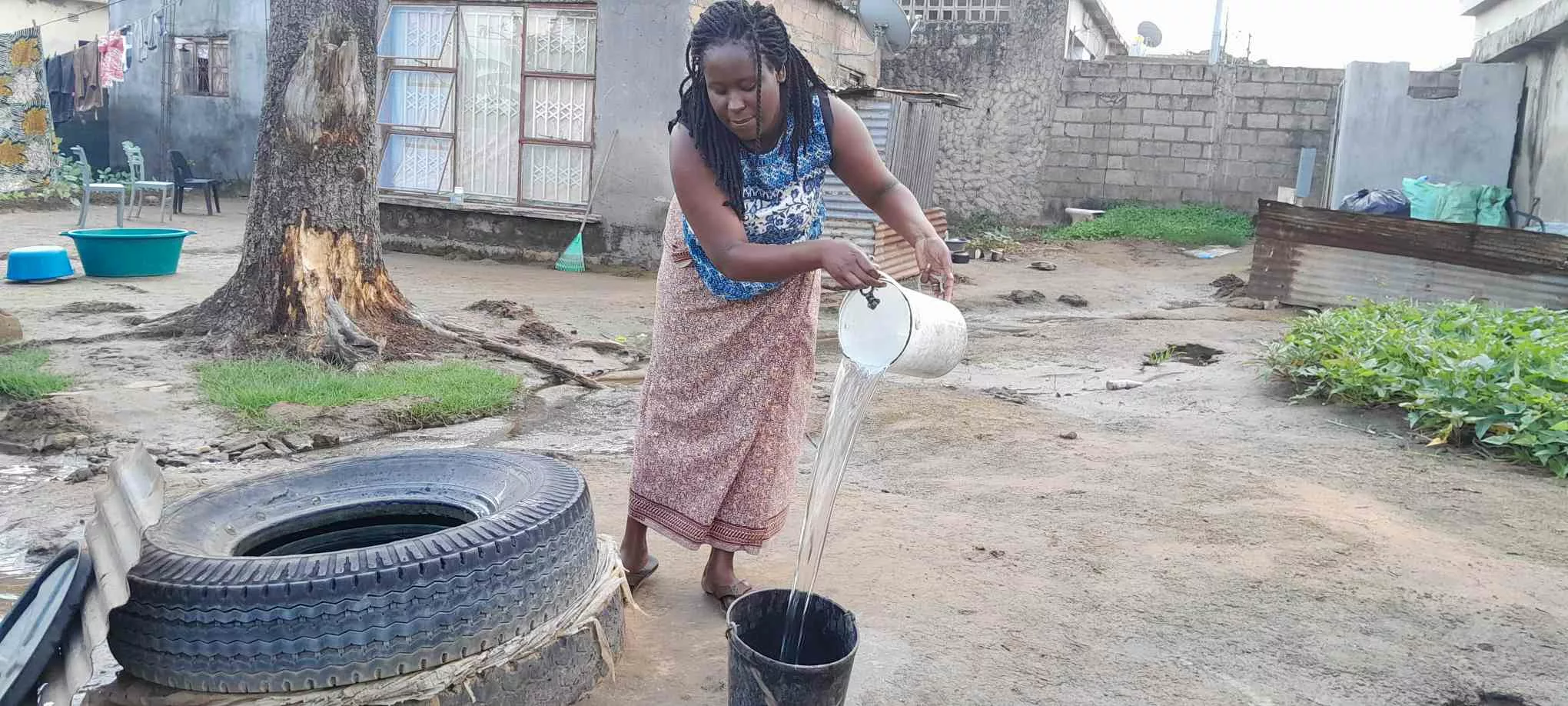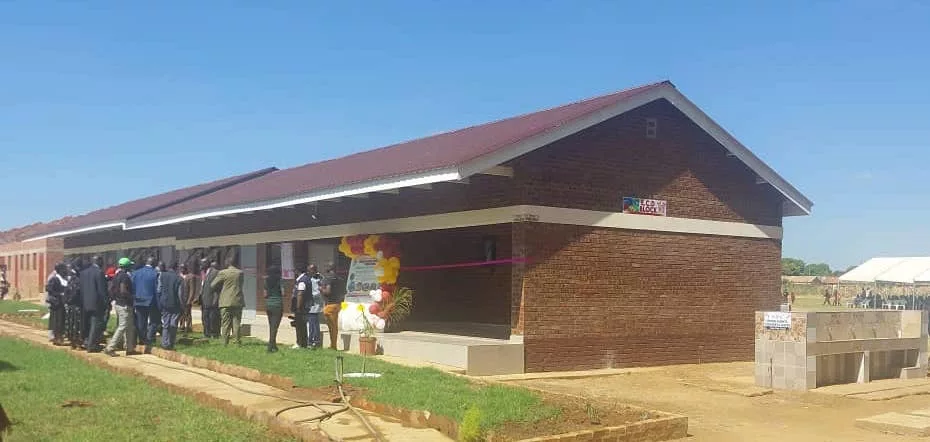By Tatenda Mujeyi
Chrome miners convened at a consultative workshop organised by the Minerals Marketing Corporation of Zimbabwe (MMCZ) have aired out the challenges they experience within the industry.
This emerged at workshop held in Harare yesterday.The event was commended as a positive step in the coordination of chrome mining considering government’s efforts to implement chrome specific policies.
“We have to appreciate the role MMCZ has played in facilitating this dialogue as government is currently pursuing the implementation of a chrome policy and the central role Chrome has in the attainment of Vision 2030,” Deputy Minister of Mines Hon Polite Kambamura said at the event.
Chrome is one of the potential major Gross domestic Product (GDP) contributors if it is fully explored as Zimbabwe has the second largest Chrome resource base after South Africa.
“Zimbabwe boasts of the second largest chrome resources after South Africa despite only contributing 5% to the supply network. With 12% of the global chrome reserves, 11.2 billion metric tonnes of chrome there is potential to fully realise a growth in GDP considering the resource base,” MMCZ General Manager Tongai Muzenda said at the event.
Key challenges were noted as Domestic and Export Pricing, RBZ Exchange Control, Foreign Currency Access, Banking and Financing, Conflicting Statistics, Beneficiation and Value Addition, Weighbridges, Logistics and Infrastructure Support, Environmental, Safety, Research and Technical Support as well as Tributary Agreements among other challenges.
Predatory prices were viewed as a major impediment in the growth of the industry as the producers of the raw chrome were being left without money despite their hard work.
“The current low predatory domestic market prices offered leaves Zimbabwean chrome producers’ growth vulnerable; with the limited opportunity to grow primarily dependent on foreign direct investment at the expense of the indigenous investor or producer,” Zimbabwe Miners Federation President Henrietta Rushwaya said at the event.
The low price pay outs to miners was backtracking the industrialisation process as miners could not industrialise despite the resource base being depleted.
“This will enable chrome producers to become fully mechanized and boost production. This will become imperative in the next three years as surface chrome will be depleted and operations will require underground exploitation below 20 meters in depth,” Ms Henrietta Rushwaya said.
Banking and financial challenges implied that, “Financing and Insurance are key components of a Chrome Export Process. Delays in processing documents after a prepayment is made increases the operations cost of the buyer. ◦Delays erode profits to both the buyer and the sellers as the average delays are factored into the agreed purchase price,” Ms Rushwaya added.
Infrastructural and logistical challenges included “Poor roads reduce the amount of chrome which can be safely transported resulting in higher cost per tonne logistics cost. Higher logistics costs are considered by the buyer and impact the amount purchased as well as profitability, Ms Rushwaya said.
The consultative workshop recommended prices for service delivery, use of rail as the preferred Chrome transporting agent, financial support for value addition and beneficiation among other recommendations.






